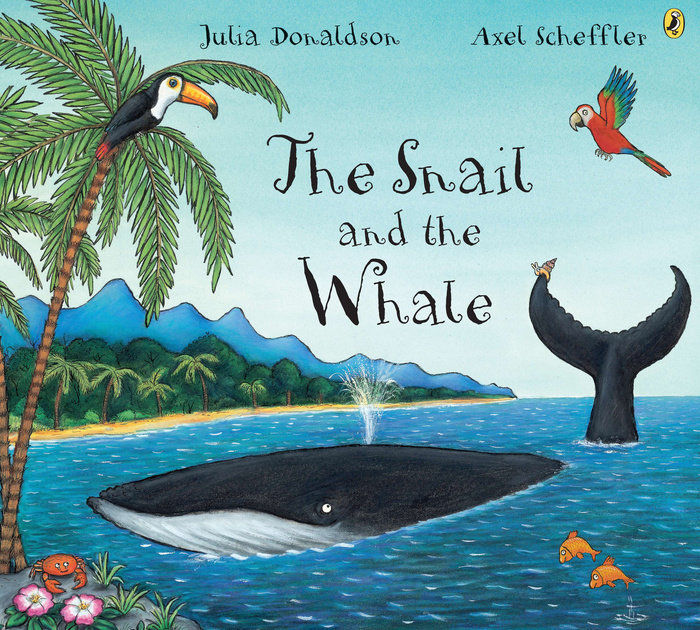Is your pre-school child getting the right musical opportunities?
- Nikki Miller

- May 6, 2025
- 2 min read
Updated: May 14, 2025
We asked Kim Vaughan, cellist, teacher & mother for her expert advice.

Kim is a founding member of the multi award-winning Benyounes Quartet and Artistic Director of Quercus Ensemble. She also teaches at St Mary’s Music School. She and her partner, the cellist Philip Higham, have two young children.
As a child what sparked your interest in music?
My grannie had a piano and I loved picking out tunes. She also sang to me. Growing up in Northern Ireland, Irish tunes and ballads were part of life. At school I loved the choir and was excited to play an instrument.
Why is it so important to sing with a toddler?
The voice is our natural instrument and a child soon discovers this. They’re learning language and they want to sing. Music awakens and provokes emotions and it soothes. This is why songs are so effective for easing transitions.
What is the role of dance in the early years?
Music has the power to excite and channel energy through dance and movement. And young children have a need to move freely and be physical. They want to embody music.
Pedagogically speaking, it’s important for children to sing and respond to music before learning an instrument. This is how they discover the joy of music and develop an inner ear, unencumbered by physical coordination challenges. Pre-schoolers are still mastering gross motor skills; some of the fine motor skills — needed to play an instrument — develop later.
What is the role of rhyming books in early music education?
Babies are primed to learn language. They are little sponges ready to soak up information and integrate it. We talk to babies in a sing-song manner with exaggerated cadence. This helps them absorb and integrate speech patterns.
This same natural rhyme and cadence is inherent in rhyming books, which play a role both in language and in early musical development. Simple structures are repeated, then varied and extended. You can see the same processes in nursery rhymes and folk songs.
When your child was 4 did they have access to any instruments at home?
For virtual music classes we use a mixture of homemade shakers, mini rolling pins etc. Children enjoy exploring sounds on their own terms. A few pots and pans on the kitchen floor might buy you half an hour to prepare dinner!
Pre-school music classes
St Mary’s Music School Friday and Saturday Music Classes
Edinburgh Young Musicians
Portobello Music School
Forth Music School
Rhyming Children’s Books
Each Peach Pear Plum and Peepo! By Janet and Allan Ahlberg

Hairy Maclary from Donaldson’s Dairy

Julia Donaldson: The Snail and the Whale, Room on the Broom

Musical Books
My first Orchestra Book – by Naxos Books (And Now an App)


The Story Orchestra series: Swan Lake, The Nutcracker

Ella Bella Ballerina: Midsummer Night’s Dream, Sleeping Beauty


Musical opportunities in Edinburgh
Recitals for Wrigglers recitalsforwrigglers.co.uk
SCO family concerts sco.org.uk
Dance Base pre-school classes www.dancebase.co.uk



